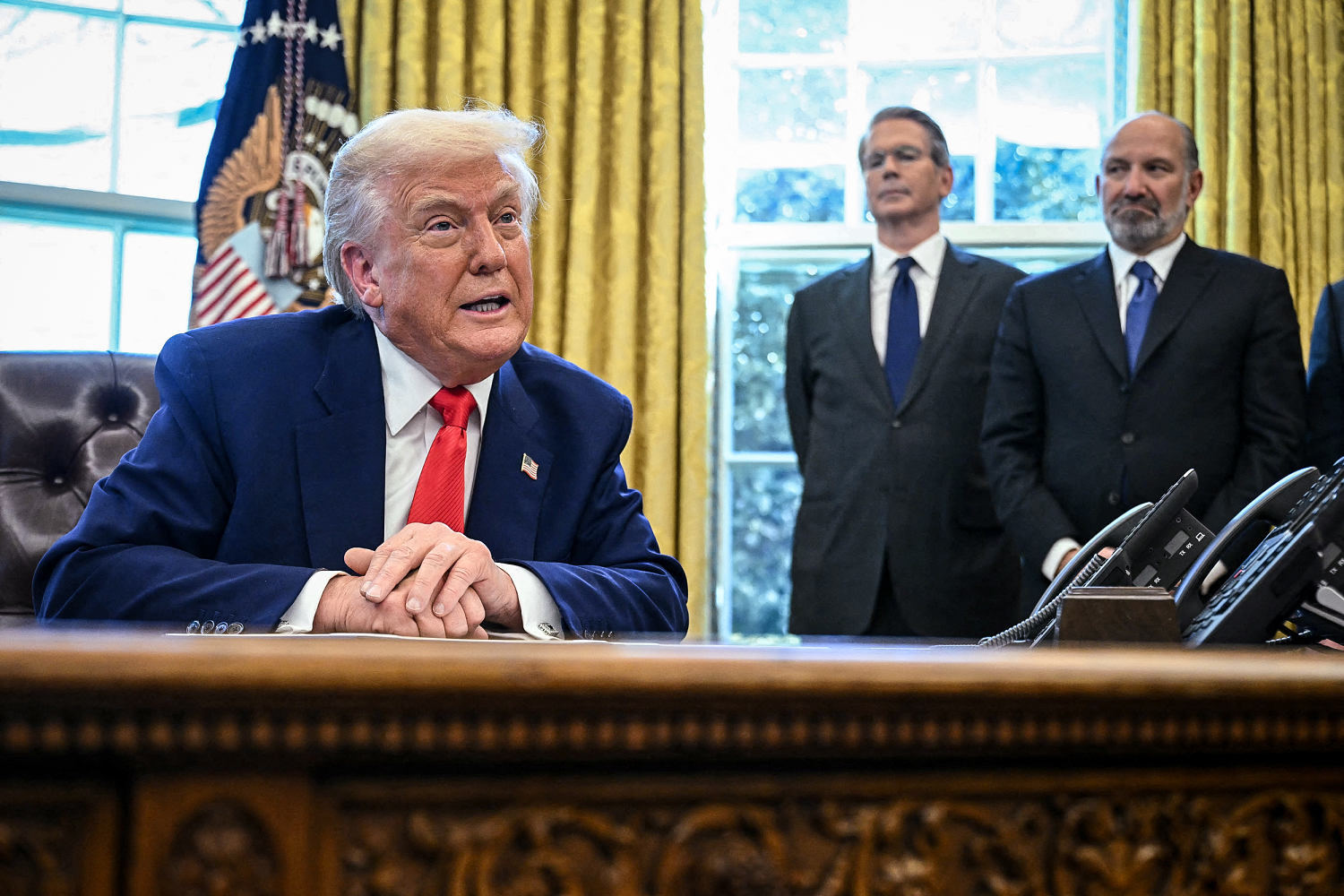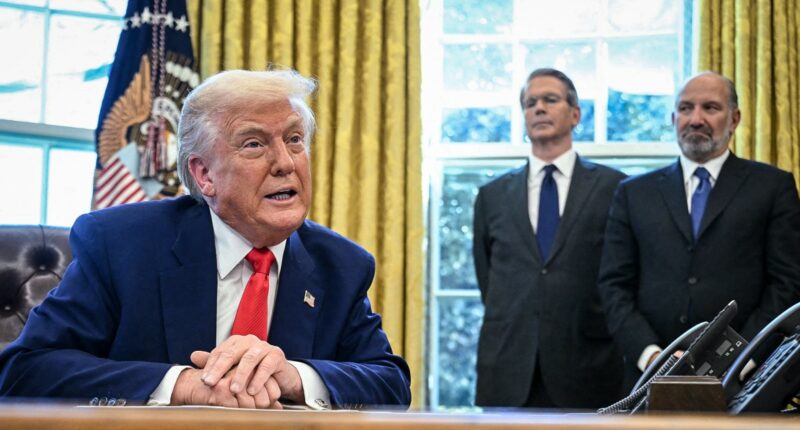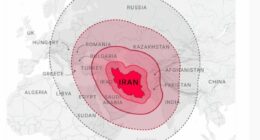Share this @internewscast.com

President Donald Trump on Thursday formalized the array of high tariff levels and trade deals he’s announced in recent weeks.
In an executive order, the president formalized his agreements with key trading partners like the European Union, Japan, South Korea, the United Kingdom, and the Philippines.
Trump’s order, issued just hours ahead of a self-imposed deadline for finalizing trade deals, also independently sets tariffs for countries that did not reach agreements with him, such as Israel, Switzerland, and Taiwan. Notably, Switzerland’s rate is set higher than previously threatened at 39%, while Taiwan’s is set lower at 20%.
This move effectively revises global trade relations, aiming to benefit the United States with significant tariff levels not witnessed in nearly a century.
Trump has celebrated the $125 billion in revenue generated by his existing import taxes, with additional hundreds of billions promised by several nations in the form of investments. However, this has resulted in slower economic growth and the risk of reigniting persistent inflation.
Trump’s order Thursday says that the new duties will not take effect until Aug. 7.
Goods transported by ship will not be subject to the new tariff rates until October 5, as reported by the U.S. Department of Transportation, and these items constitute more than half of U.S. imports.
This week, Trump and senior administration officials emphasized that there would be no additional delays following the 12:01 a.m. ET deadline on Friday. In fact, Commerce Secretary Howard Lutnick declared to reporters outside the White House, just hours before Thursday’s executive order was released, that there would be “no extension” to the deadline.
But earlier Thursday, Trump did agree to a 90-day extension on talks with with Mexico President Claudia Sheinbaum. Mexico is the United States’ largest individual trading partner. Treasury Secretary Scott Bessent also told CNBC Thursday morning that he would be discussing with the president an extension of China’s tariff deadline, which is coming up on Aug. 12.
With the newly signed tariffs not taking effect for some time, uncertainty will likely linger for consumers and businesses trying to plan for the rest of the year and beyond.
“Some will argue higher tariffs will be compensated by lower uncertainty,” analysts with Bank of America wrote in a note to clients this week upon the announcement of an agreement with the European Union. “And yes, uncertainty could come down in the near term, but we doubt it will go away.”
One unnamed manufacturer in a Dallas Federal Reserve survey released this week put it bluntly: “Tariffs. Tariffs. Tariffs. Did I mention tariffs?”











